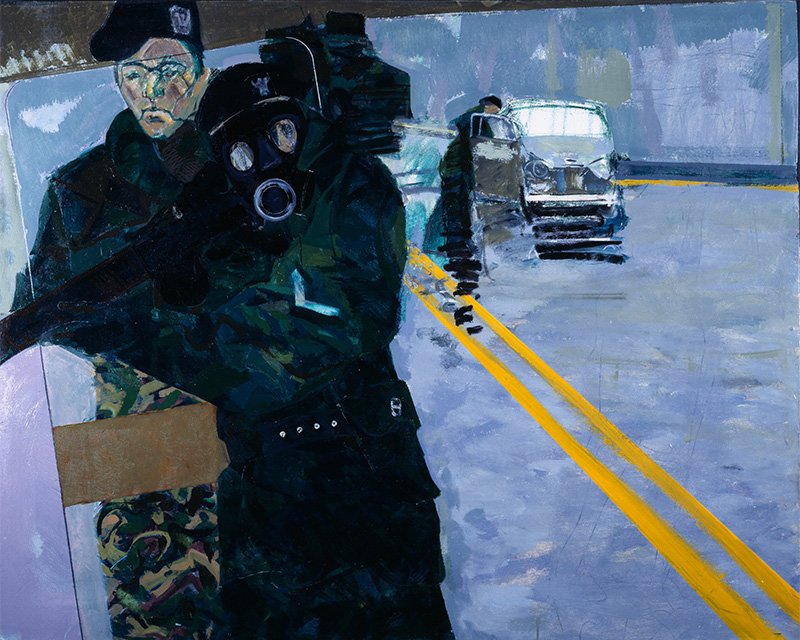Origins
The Royal Regiment of Wales was one of the large regiments formed by mergers in June 1969, in this case from The South Wales Borderers and The Welch Regiment.
Its first year was an eventful one. As the regiment’s first colonel-in-chief, Prince Charles wore its uniform at his investiture as Prince of Wales in July. A month later, in August 1969, two companies of the regiment became the first British troops to be deployed to Belfast in Northern Ireland.
Deployments
The next three decades saw frequent deployments to West Germany with the British Army of the Rhine and nine further tours of Northern Ireland. Other deployments included Belize, Bermuda, the Falkland Islands and Hong Kong, where it was engaged in anti-smuggling operations.
The regiment also marked the centenary of Rorke’s Drift in 1979 at the Cardiff Castle Tattoo with a re-enactment of the 24th Foot’s actions there. This was followed by peacekeeping in Rhodesia (now Zimbabwe) during that country's first all-party elections.
Peacekeeping
In 1999, the regiment deployed to Bosnia as peacekeepers and then to Kosovo in 2001. It also served in Iraq in 2003-04 with 20th Armoured Brigade, and in 2005 with 12th Mechanised Brigade.
Legacy
The regiment was amalgamated with The Royal Welch Fusiliers on St David’s Day (1 March) in 2006 to form The Royal Welsh, becoming that unit’s 2nd Battalion.
Regimental museums
The National Army Museum works with a network of Regimental and Corps Museums across the UK to help preserve and share the history and traditions of the Army and its soldiers.
Discover more about The Royal Regiment of Wales by visiting the Royal Welsh Museum in Brecon and Firing Line Museum at Cardiff Castle.









